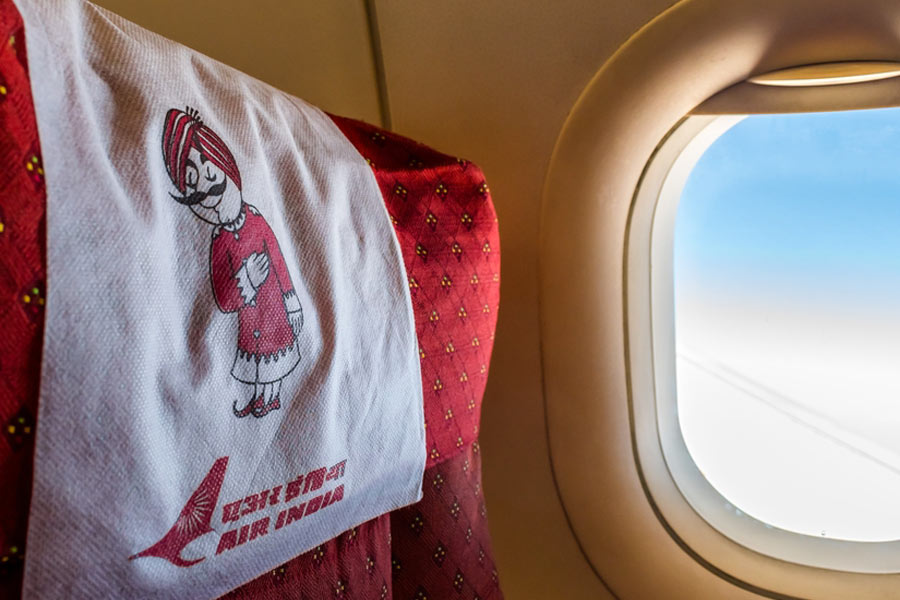Aviation watchdog DGCA has imposed a penalty of Rs 1.10 crore on Air India for safety violations with respect to operations of leased Boeing 777 planes to the US.
This is the second time in a week that the regulator has penalised Air India.
The regulator had received a complaint from a former Air India pilot alleging that the airline operated Boeing 777 planes to the US without having the required system of emergency oxygen supply.
A comprehensive investigation into the matter was carried out by the Directorate General of Civil Aviation (DGCA), which also issued a show cause notice to the airline.
"Since the said operations of the leased aircraft were not in line with regulatory/ OEM (Original Equipment Manufacturer) performance limits, DGCA has initiated enforcement action and imposed a penalty of Rs 1.10 crore on Air India," DGCA said in a release on Wednesday.
There was no immediate comment from Air India on the penalty.
According to the release, the regulator carried out a detailed probe after receiving a voluntary safety report from an airline employee alleging safety violations of flights operated by Air India on certain long range terrain critical routes.
Since the investigation prima facie revealed non-compliance by the airline, DGCA said a show cause notice was issued to Air India, it added.
Specific details were not disclosed in the release.
DGCA analysed the airline's response to the show cause notice with respect to the laid down stipulations under the relevant statutory provisions and the performance limits stipulated in critical documentations laid down by the OEM before taking the enforcement action, the release said.
On October 29, 2023, the pilot, who had served as a B777 commander, complained about the airline's practice of not carrying the required system of emergency oxygen supply.
At that time, sources had said the complaint was that Air India has been operating flights with leased B777 aircraft that carry a chemically-generated oxygen system which lasts around 12 minutes, and hence should not be used for the airline's direct flights to and from San Francisco.
The airline has to factor in that in case of an emergency situation of depressurisation, there should be sufficient oxygen supply to all the crew and the passengers for any period that is more than 12 minutes.
As per the complaint, in the case of depressurisation, it is mandatory for the aircraft to descend to a flight altitude of 10,000 feet or lower.
When flying over high mountainous terrain that could be more than 9,000 to 10,000 feet, it might not be possible to descend to 10,000 feet within 12 minutes.
This is because of the requirement of maintaining the minimum flight altitude of more than 10,000 feet for more than 12 minutes to be clear of vast stretches of high mountainous terrain below extending for hundreds of miles, the complaint had said.
"The matter in question is multi-dimensional and has already been examined by Air India and external experts. We will restrain from offering any comment on this specific case but we wish to reiterate that the safety of our passengers and crew is our foremost priority and there is no compromise on the same," an Air India spokesperson said on November 3 last year about the complaint.
Meanwhile, on January 17, DGCA had imposed a fine of Rs 30 lakh on Air India for lapses in rostering of pilots for operating flights in low visibility conditions.
Except for the headline, this story has not been edited by The Telegraph Online staff and has been published from a syndicated feed.











